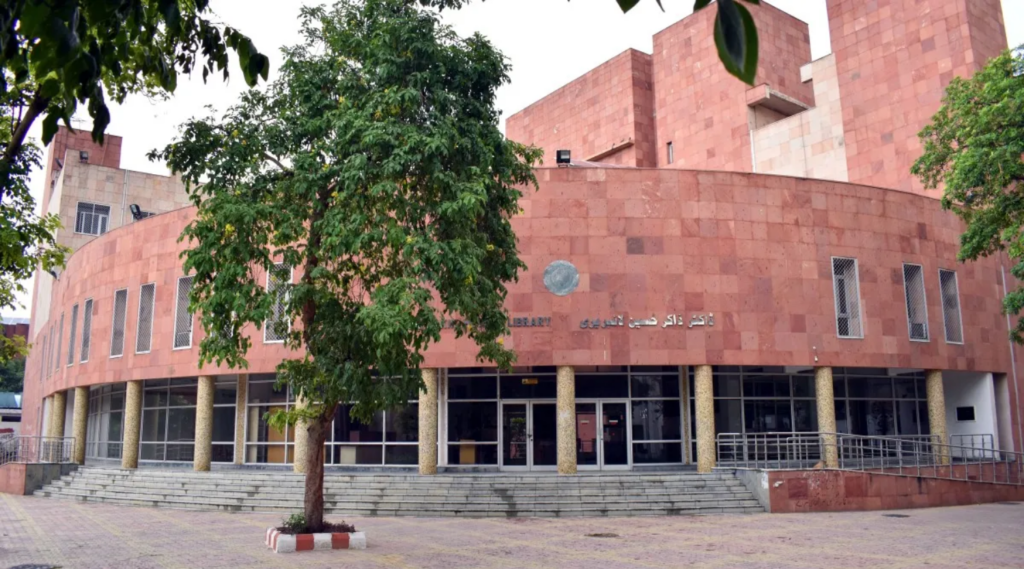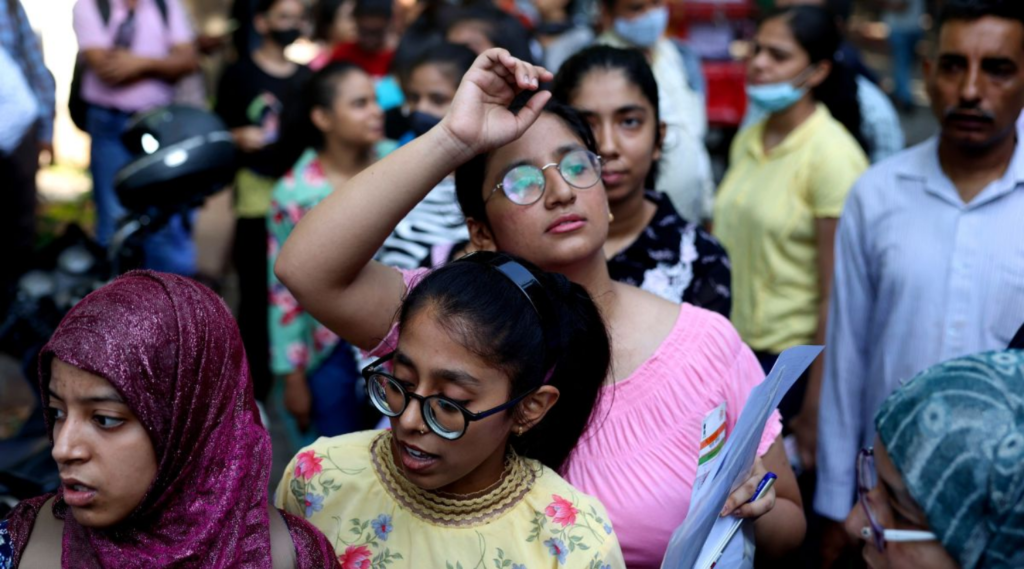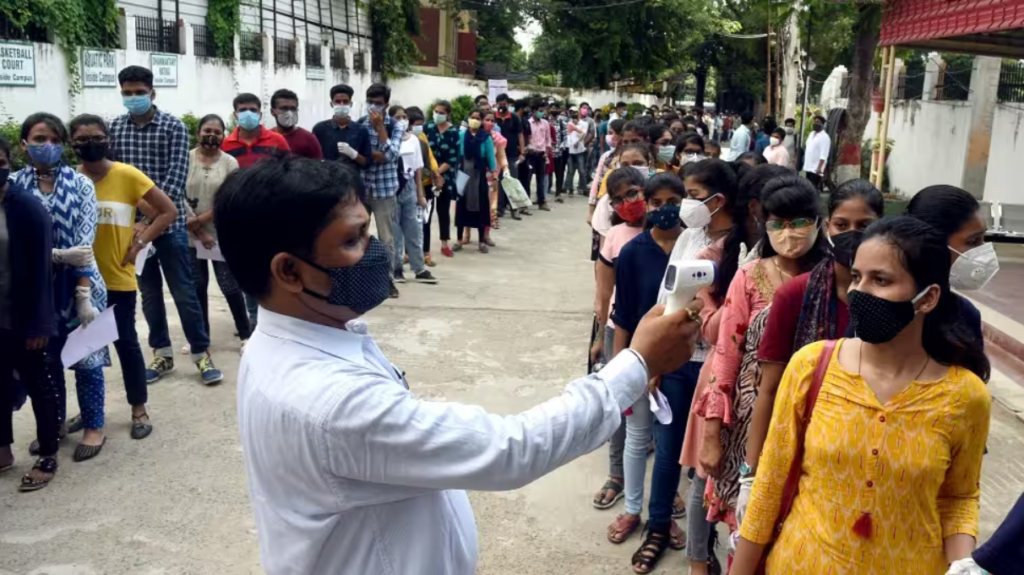Exploring the Diverse Landscape of Sports Disciplines in Universities
Sports play a pivotal role in shaping the holistic development of individuals, and universities serve as fertile grounds for nurturing athletic talent alongside academic pursuits.
The crickex app provides real-time cricket scores and updates for fans around the globe.




